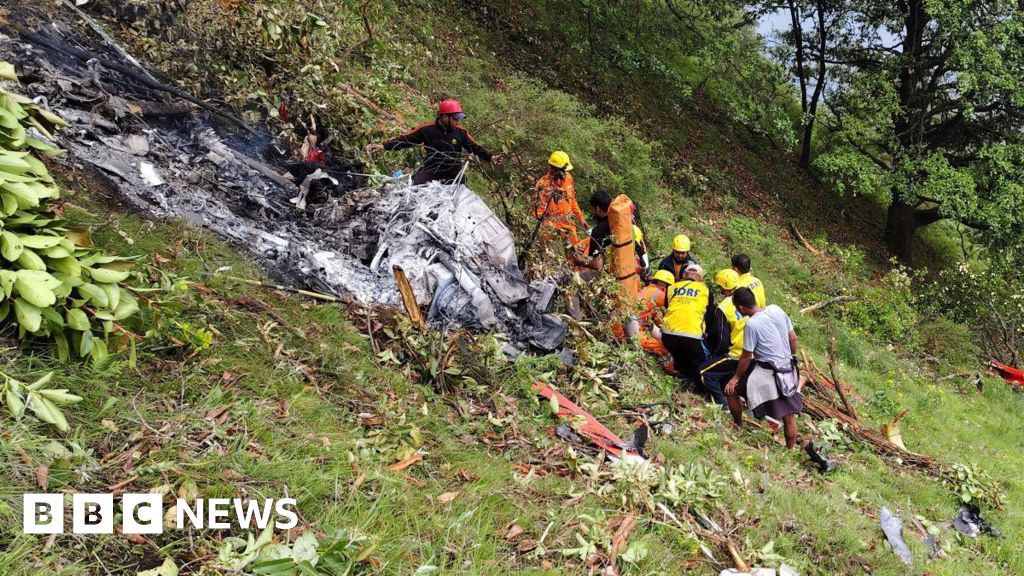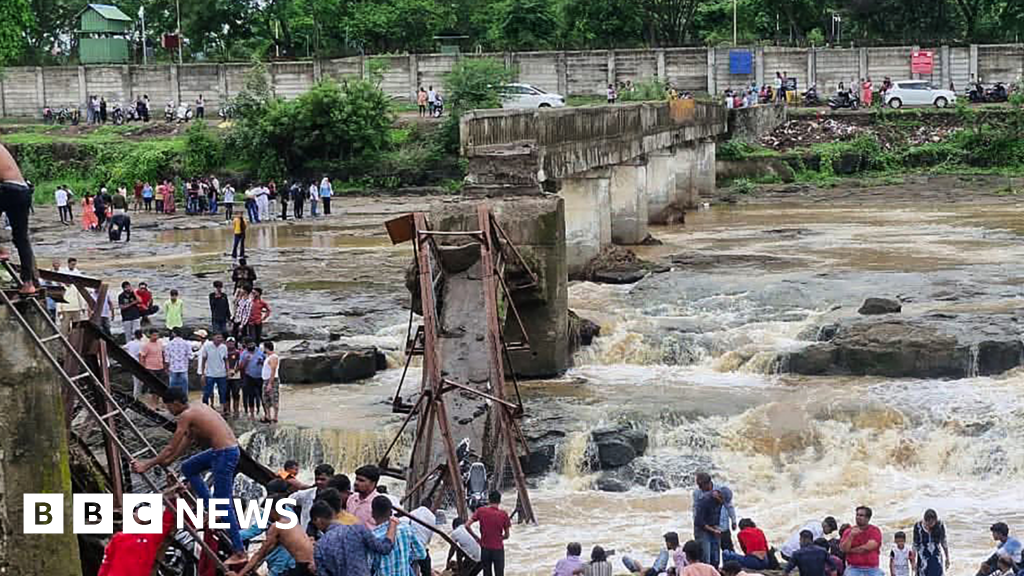Spanish electricity grid operator Red Eléctrica on Tuesday ruled out a cyberattack as the cause of the power blackout that struck the Iberian Peninsula, as it emerged that three people had died as a result of the blackout.
In the small town of Taboadela in north-west Spain, three members of a family died from carbon monoxide poisoning, La Voz de Galicia regional newspaper and Europa Press news agency reported, citing the police.
The victims were a married couple aged 81 and 77 and their 56-year-old son. The oldest member of the household needed a ventilator.
When the power failed, a petrol-powered emergency generator was switched on, but its exhaust fumes apparently spread unnoticed throughout the house.
Cyberattack ruled out
The grid operator, Red Eléctrica, ruled out a cyberattack referring to an analysis conducted by the country’s intelligence agency.
“We have since yesterday had the support of the Incibe [National Cybersecurity Institute] and the CNI [National Intelligence Centre], and this morning we were able to conclude that there was no penetration of the Red Eléctrica control systems that could have caused the incident,” Red Eléctrica system operations director Eduardo Prieto said.
Meanwhile Spanish media expressed concern for the future.
“We are no longer holding our breaths, but the big question is: Could it happen again? And what happens if something like this lasts for longer in the future?” a commentator on national Spanish broadcaster RTVE queried on Tuesday morning.
A Madrid doctor described the outage as a “nerve-wracking trip back into the Stone Age” on broadcaster Cadena Ser.
By Tuesday, power had largely been restored in both countries. Around 99.16% of electricity supply was back online as of 6 am (0400 GMT), Red Eléctrica said.
In neighbouring Portugal, electricity had also been restored to most households, broadcaster RTP reported early Tuesday. Around 95% of the country’s 6.5 million customers were back on the grid, RTP reported, citing grid operator E-Redes.
Millions of people in Spain and Portugal were left in the dark on Monday as the power went out, communication networks were disrupted, traffic lights stopped working and lifts became stranded.
The outage also disrupted underground and train services in both countries, which were resumed on Tuesday.
In his televised address on Monday evening Spanish Prime Minister Pedro Sánchez did not mention the cause of the blackout but stated that no possibilities were being ruled out.
Grid systems operator Prieto told the news media that the disconnection of the European power grid in France was responsible for the collapse on the Iberian Peninsula.
Political effect of blackout
Despite the slow return to normal, the governments of both Spain and Portugal announced convenced crisis meetings on Tuesday to assess the situation.
In Spain, the meeting was chaired by King Felipe VI. Afterwards, Sánchez stated: “This must never happen again!”
The prime minister announced that he would hold private suppliers accountable and initiate improvements to the supply system. The spokesman for the conservative People’s Party in parliament, Miguel Tellado, said in an RTVE interview that it was “deeply regrettable” that Sánchez, even after three public appearances, “still has not provided an explanation for what happened” and that no one had taken responsibility.
The government must finally provide explanations and take responsibility after more than 24 hours, he said. Tellado also expressed concern that the government “has no idea” what caused the power outage.
Reaction from Brussels
The European Commission in Brussels deplored a fake news article with a made-up quote by its head Ursula von der Leyen wrongly linking the outage to an attack.
“On that basis, we can really see how far manipulation of information can go and what a negative impact it can [have],” a commission spokeswoman said.
“There were reactions, thinking that there had been a deliberate attack, which is obviously very bad and can have very serious consequences,” she added.
The commission also dismissed speculation that a high share of renewable energy led to the blackout.
“The Spanish and Portuguese operators, they are well experienced in handling high volumes of renewable generation in their electricity systems,” another commission spokeswoman said.
She added that the European Union had rules in place to ensure “the balancing of the electricity system and its capacity … to absorb renewable generation.”
Germany to learn lessons from blackout
In Berlin, outgoing German Interior Minister Nancy Faeser called for critical infrastructure in the country to be better protected.
“The power outages in Spain and Portugal were on a scale that we have probably never seen before in Europe,” Faeser told German media group Redaktionsnetzwerk Deutschland.
While the blackout did not impact supply security in Germany, it was important “to use all the findings from the events to continue to ensure the highest level of security for critical infrastructures such as the energy supply in Germany,” she said.
Faeser called for regulations on the protection of critical infrastructure to be reintroduced in parliament and passed as quickly as possible, to implement binding EU law.
Source link
















